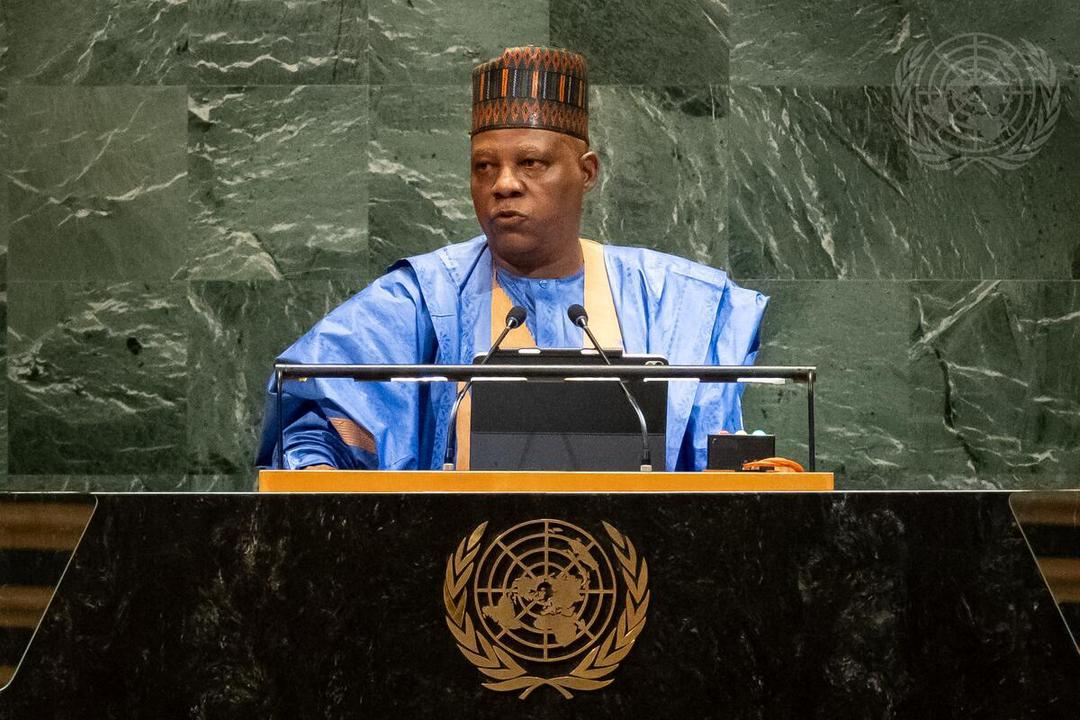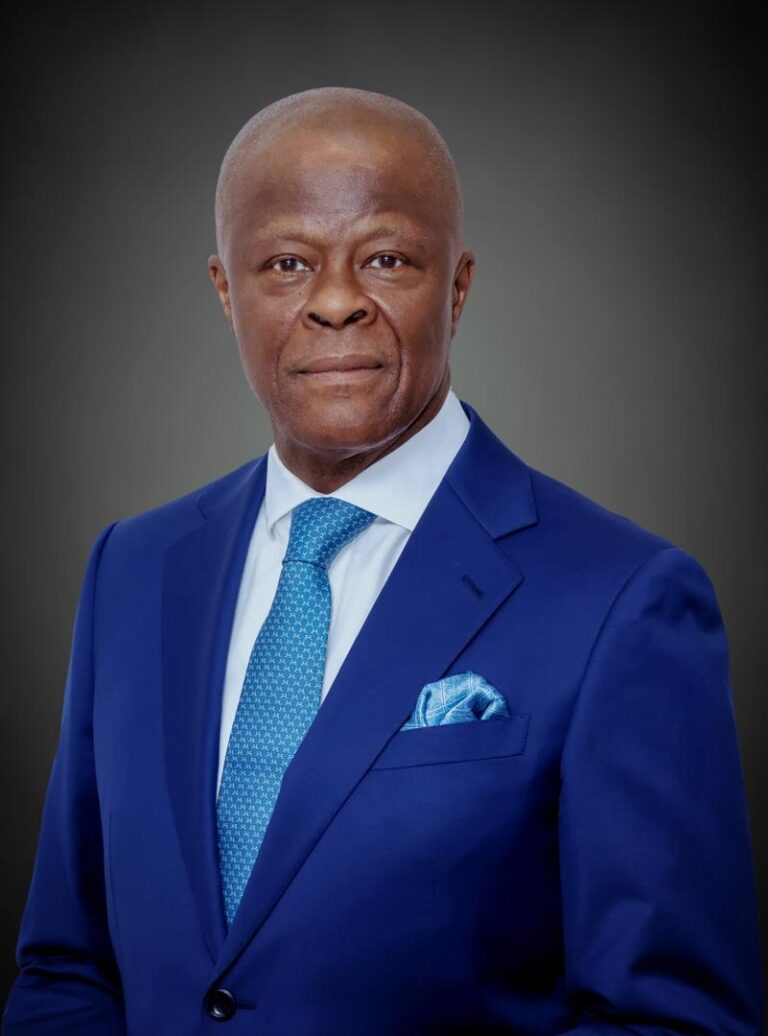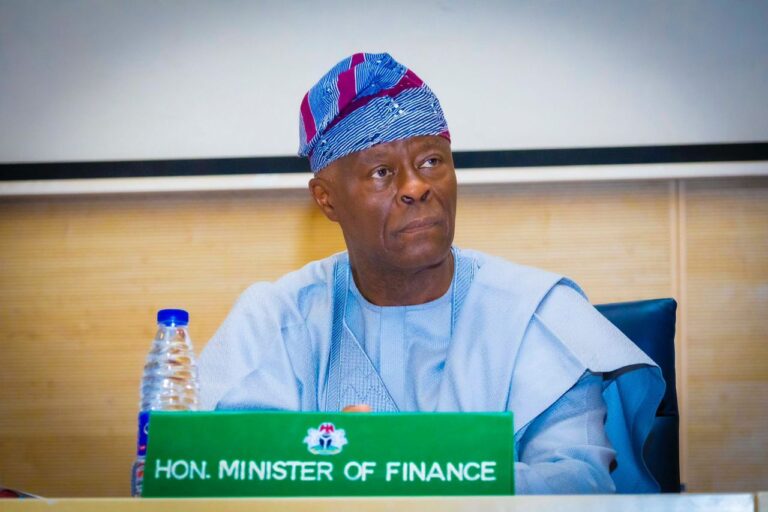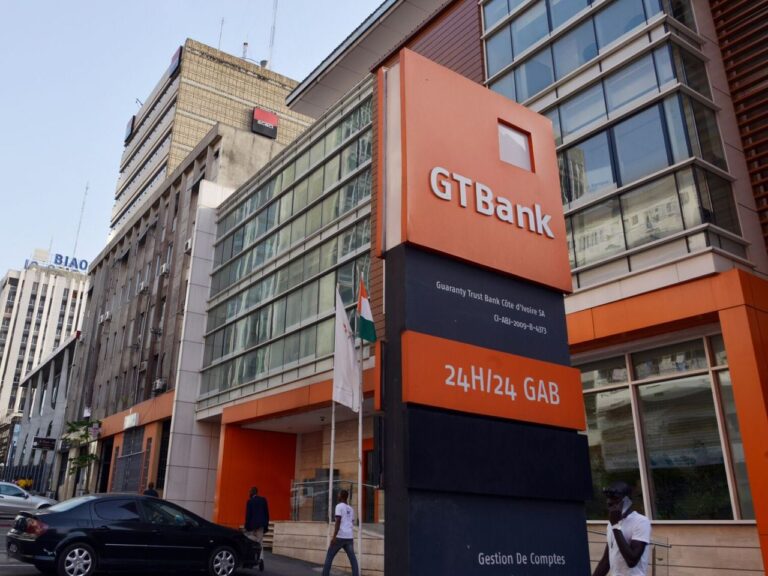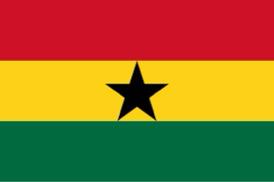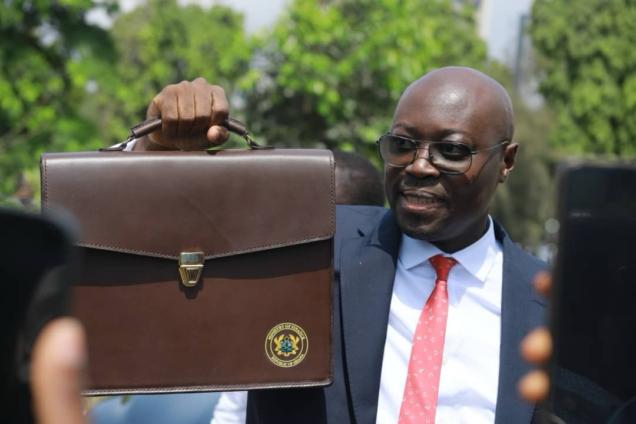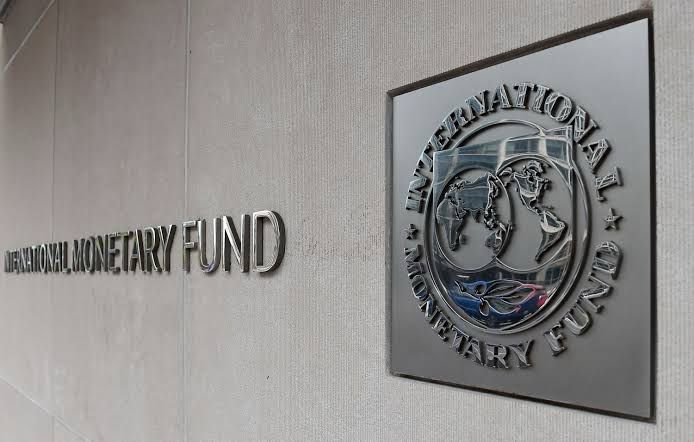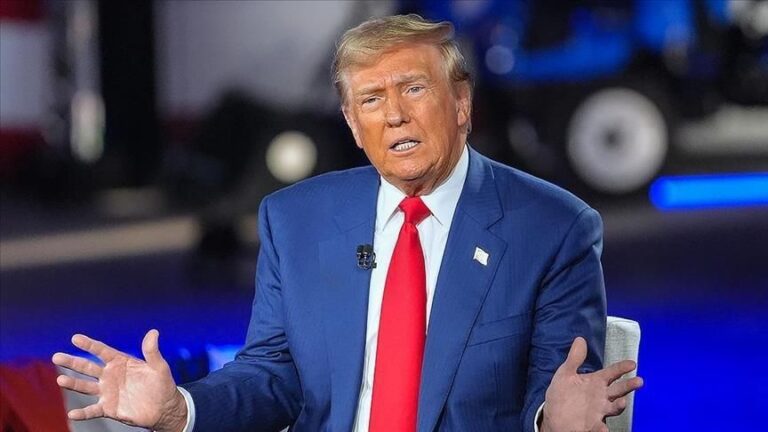At the 80th session of the United Nations General Assembly (UNGA 80), President Bola Tinubu of Nigeria, represented by Vice-President Kashim Shettima, called for urgent action on debt relief for developing nations. The speech, delivered in New York, emphasized that debt relief should be viewed not as charity, but as a crucial step towards global peace and prosperity. The president declared on Thursday.
President Tinubu proposed the creation of a new, binding mechanism—likened to an “International Court of Justice for money”—to manage sovereign debt. The goal is to help emerging economies escape the “economic straitjacket” of relying on unprocessed exports.
“I am calling for a new and binding mechanism to manage sovereign debt, a sort of International Court of Justice for money, that will allow emerging economies to escape the economic straitjacket of primary production of unprocessed exports,” he said.
In 2024, net interest payments on public debt for developing countries reached an estimated $921 billion, a 10% increase from the previous year. This means that a record number of developing countries are now spending more on interest payments than on essential services like healthcare or education.
While Africa’s total debt is smaller than other regions in absolute terms, it has more than doubled in the last decade. A majority of African nations now have a public debt-to-GDP ratio above the 50% threshold, with several countries, like Senegal, Cape Verde, Mozambique and Sudan, having ratios over 100%.
As of 2023, the external debt owed by African countries was estimated to be around $685.5 billion and African countries are set to pay $88.7billion in debt service in 2025.

Nigeria’s call for debt relief is part of a broader appeal to reform the international financial architecture. The statement argued that the current system is not suited to address the needs of developing countries.



